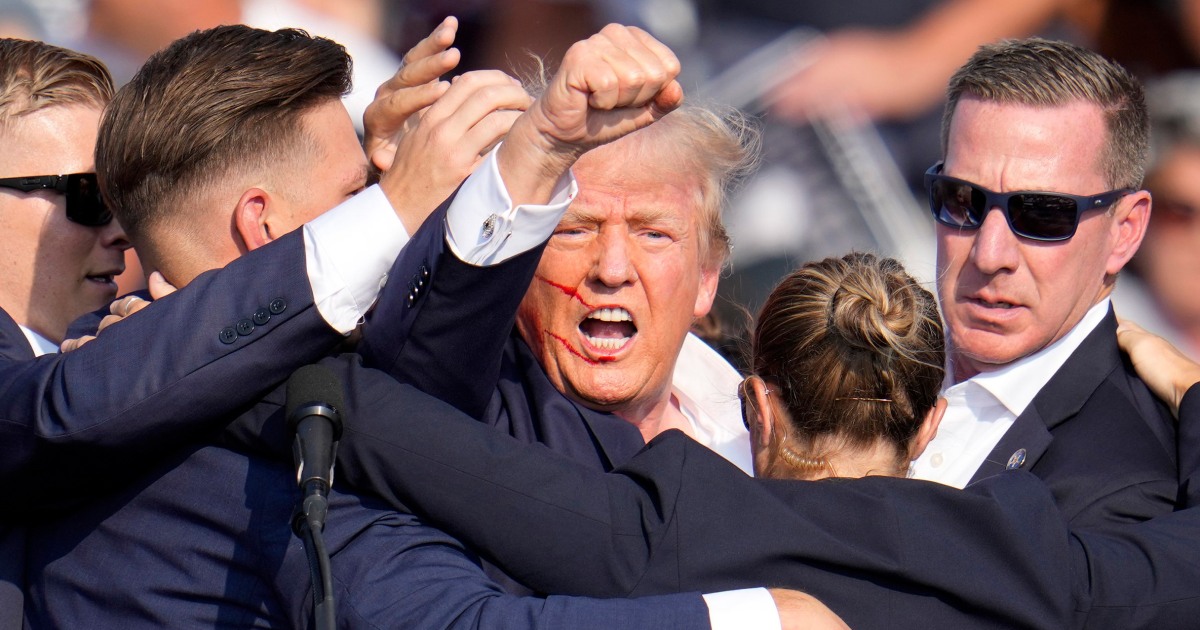
Russian state media, government spokespeople and pro-Kremlin bloggers have portrayed the attempt to assassinate former President Donald Trump as a sign of a country in decline, with some endorsing conspiratorial narratives and others elevating voices of American politicians.
The propaganda — which appears in English and Russian, as well as Arabic, Spanish and other languages — is aimed mainly at audiences outside the U.S. with the aim of tarnishing America’s image among countries in the global south that Moscow is courting to support its full-scale invasion of Ukraine, researchers said.
There has been no evidence so far that Thomas Matthews Crooks, 20, who opened fire at a Trump rally Saturday, was ideologically motivated or that he had any links to foreign or domestic accomplices. Authorities say they continue to search for a motive.
Russia has for years worked to inspire and amplify political divisions in the U.S., as documented by researchers, academics and national security officials. Social media campaigns based in or backed by Russia have pushed false and misleading information, first on social media platforms and more recently through fake local news websites.
But since the shooting, the flood of baseless conspiracies circulating through social media about the assassination attempt have been driven mostly by Americans, not foreign agents, and Russia or other U.S. adversaries appear to be biding their time before they try to manipulate or amplify the country’s deep divisions, said Bret Schafer, a senior fellow at the Alliance for Securing Democracy, a political advocacy group.
“I think it is inevitable at some point that there will be evidence that Russian-linked accounts, bot networks or whatever, will engage in conspiracy theories around this. That’s kind of a given,” he said. But he added: “At least right now, this stuff is coming from domestic players.”
Russia has no incentive to weigh in at this point, given the level of vitriol and fear displayed in online political posts by Americans, Schafer said.
“Right now, there’s nothing that they’re going to be able to do that is going to make the environment any more toxic than it already is,” he said.
Some notable Russian figures have implied or outright claimed that the shooting was part of something bigger, building on a trend started by American conspiracy theorists.
Margarita Simonyan, a supporter of President Vladimir Putin and editor-in-chief of the Russia Today media group, said the assassination attempt was like a TV series “made by an imaginative screenwriter.” She referred to the assassination of President John F. Kennedy in 1963 by Lee Harvey Oswald, implying it was similar to Saturday’s events.
“When all other options for getting rid of an inconvenient president have been exhausted, good old Lee Harvey Oswald is brought in,” she wrote on social media.
Focusing on Russian and foreign audiences outside the U.S., the propaganda has seized on the attack on Trump as a sign of American instability and hinted or alleged without evidence that anti-Trump elements in the federal government were somehow behind it.
After the news broke that Trump had been shot, pro-Kremlin bloggers and proxies “leaned immediately and deeply into conspiratorialism, into the idea that it was the Secret Service” that orchestrated the shooting, said Emerson Brooking, senior fellow at the Digital Forensic Research Lab at the Atlantic Council think tank.
The Russian state news organization Sputnik International plastered its homepage with articles blaming the Secret Service and the Biden administration for the shooting, including “How Secret Service Failed Trump and Why Responsibility Could Lie With Top Dems” and “US Secret Service Suspiciously Slow in Protecting Trump — Psyop Veteran.”
Conspiracy theories also flourished on pro-Kremlin Telegram channels. English- and Russian-language channels with hundreds of thousands of subscribers, including Russian Spring, falsely blamed an “antifa activist” for the shooting. Others suggested without evidence that Ukrainian assassins targeted Trump, because his election would threaten U.S. aid to Ukraine. Many simply reposted posts from Republicans: American politicians, pundits and influencers who blamed Democrats and the media for inciting the assassination attempt.
Sergei Tsekov, a member of the Russian Federation Council’s Foreign Affairs Committee, raised the possibility — without evidence — that Ukraine could be behind the assassination attempt. He called on U.S. authorities to “consider the possibility of the involvement of Ukrainian special services in the assassination.”
One of the most popular images on Russian-language social media since Saturday was a photo of Trump juxtaposed with the assassination of Kennedy, an apparent nod to conspiracies about JFK’s murder’s being an inside job, said Brooking, who tracks information operations by Russia and other foreign regimes. NBC News has not seen those posts.
Russian officials have focused mostly on America’s polarized politics.
Russian politicians and journalists also broadly claimed that Trump would get a boost in his electoral chances, according to a report from Russia Matters, a project from the Harvard Kennedy School.
Russian Foreign Affairs Ministry spokeswoman Maria Zakharova said after the shooting Saturday that U.S. democracy “has been brought to a suicidal state by liberalism.” Kremlin spokesman Dmitry Peskov blamed the Biden administration for employing partisan rhetoric that, he said, created the conditions for the attempt on Trump’s life, an echo of criticism Republican lawmakers leveled at the White House.
Although Russia so far has not appeared to have introduced its own false information into online chatter about the attempted assassination, researchers say it is only a matter of time before Moscow resorts to its usual tactic of crafting new disinformation and spreading it widely to try to aggravate existing political divisions among Americans.
“Most of what is being said in the Russian platforms that we’re tracking is an echoing or a citation of theories that originated in the United States,” Brooking said. “So it’s more the case that these Russian influencers found narratives which basically agreed with their belief that it was a conspiracy. “
A White House National Security Council spokesperson said foreign adversaries often try to fuel rifts in American society but did not cite examples related to Saturday’s assassination attempt.
“We know that foreign actors actively seek to sow and exacerbate divisions and undermine confidence in our democratic institutions. This is something we will not tolerate and we will respond if we see them engage in such activity,” the spokesperson said in an email.
The Office of the Director of National Intelligence and the CIA declined to comment.
FBI Deputy Director Paul Abbate said Sunday that the number of online threats of violence in the U.S., which had already been on the rise, ticked up after the assassination attempt.
“We’ve seen individuals go online and attempt to mimic or pose as the shooter, who obviously is now deceased,” he said.

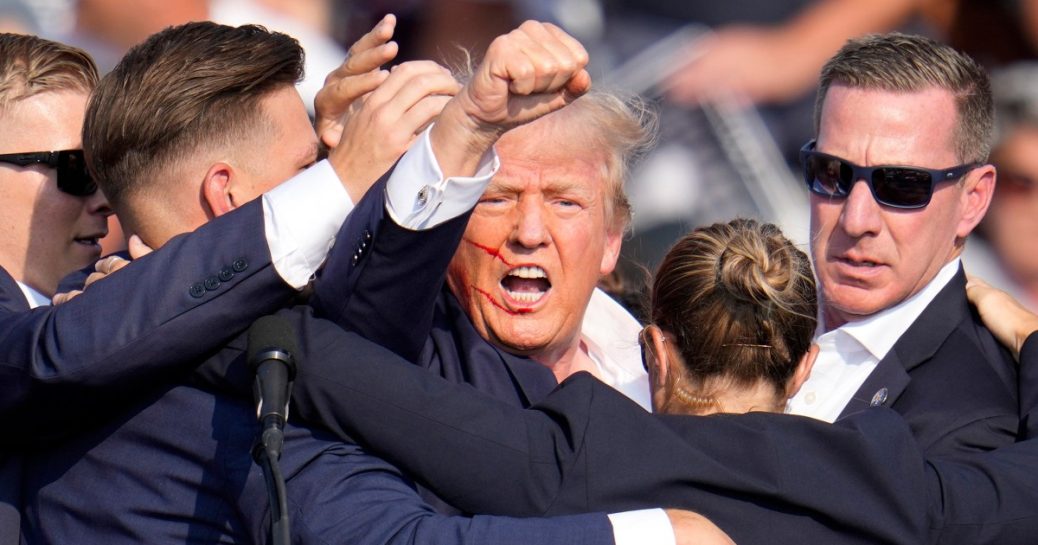
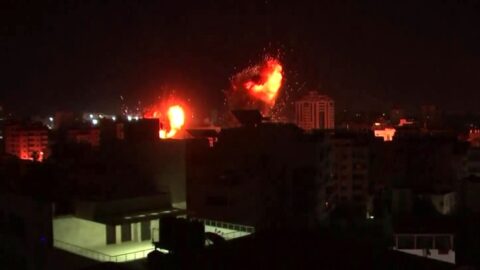
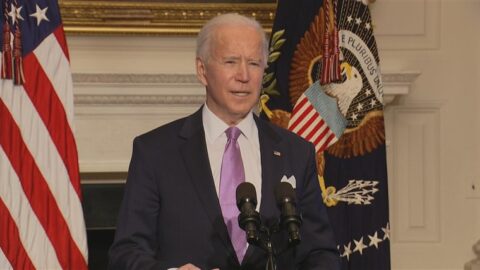
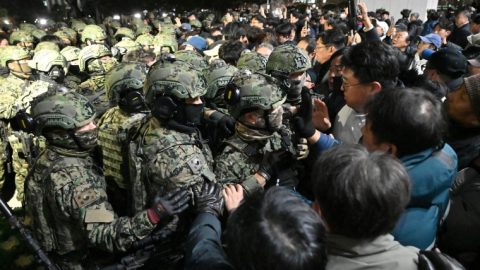
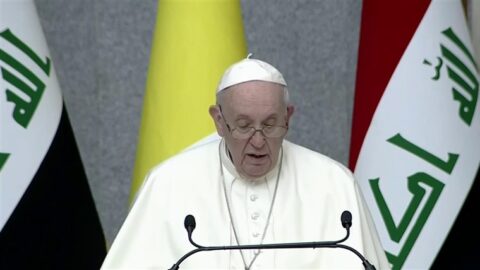
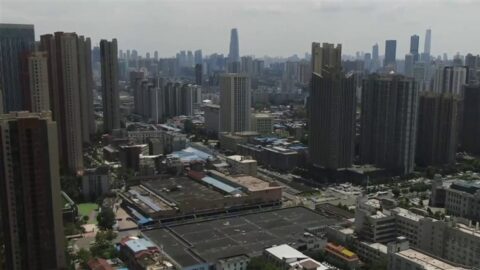
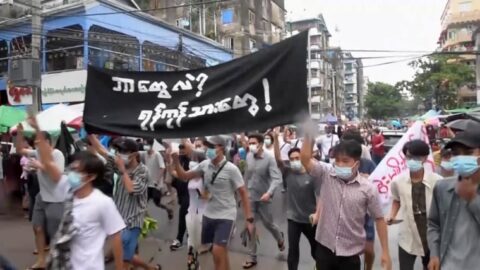
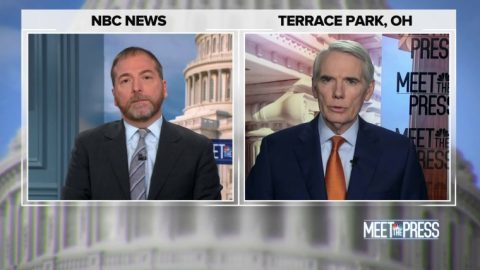
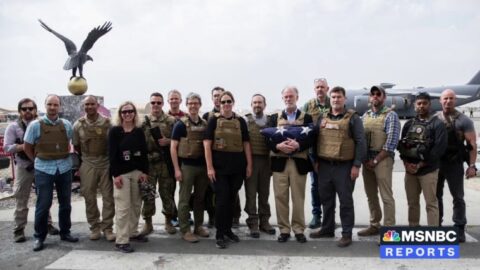
Recent Comments